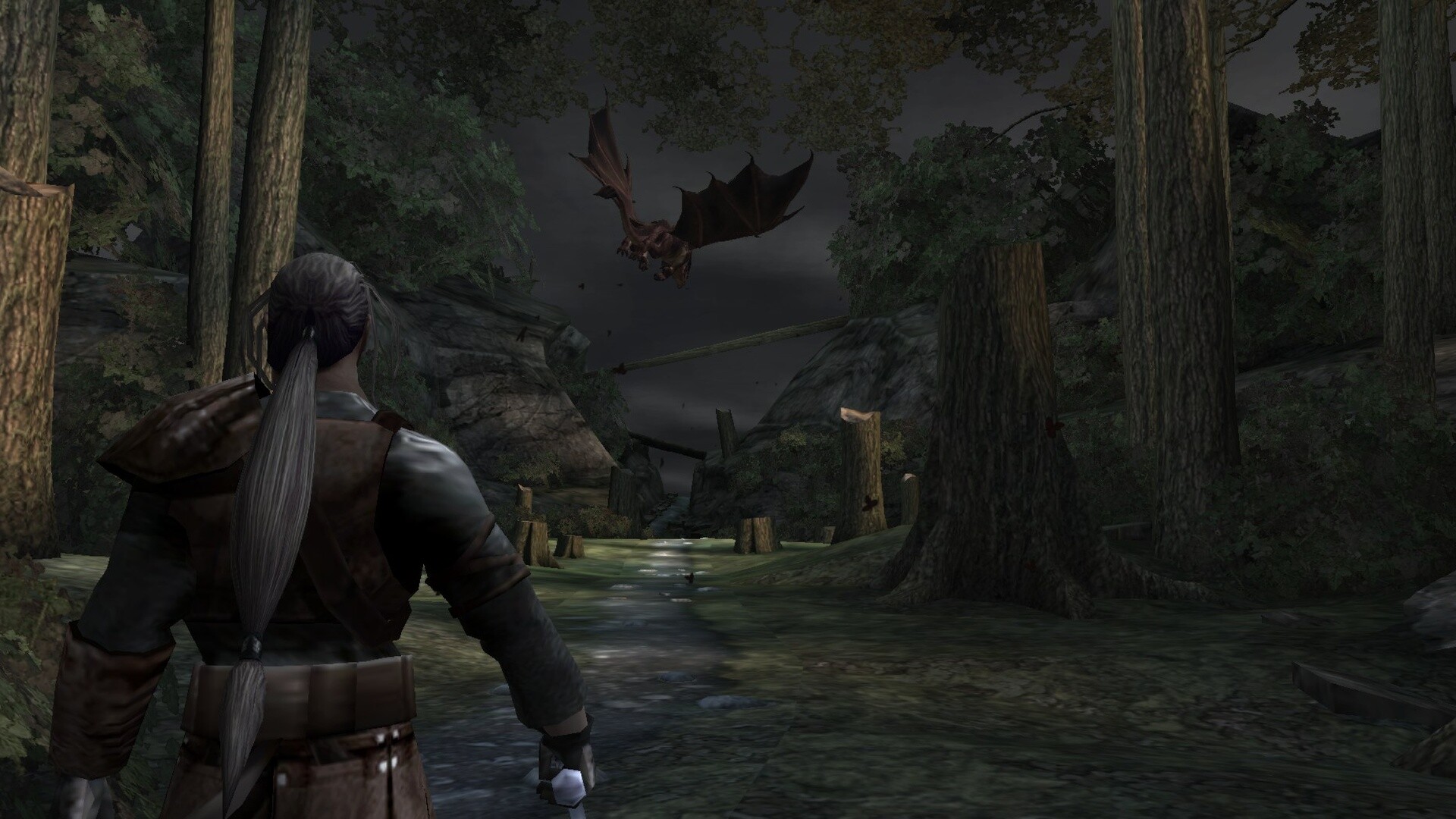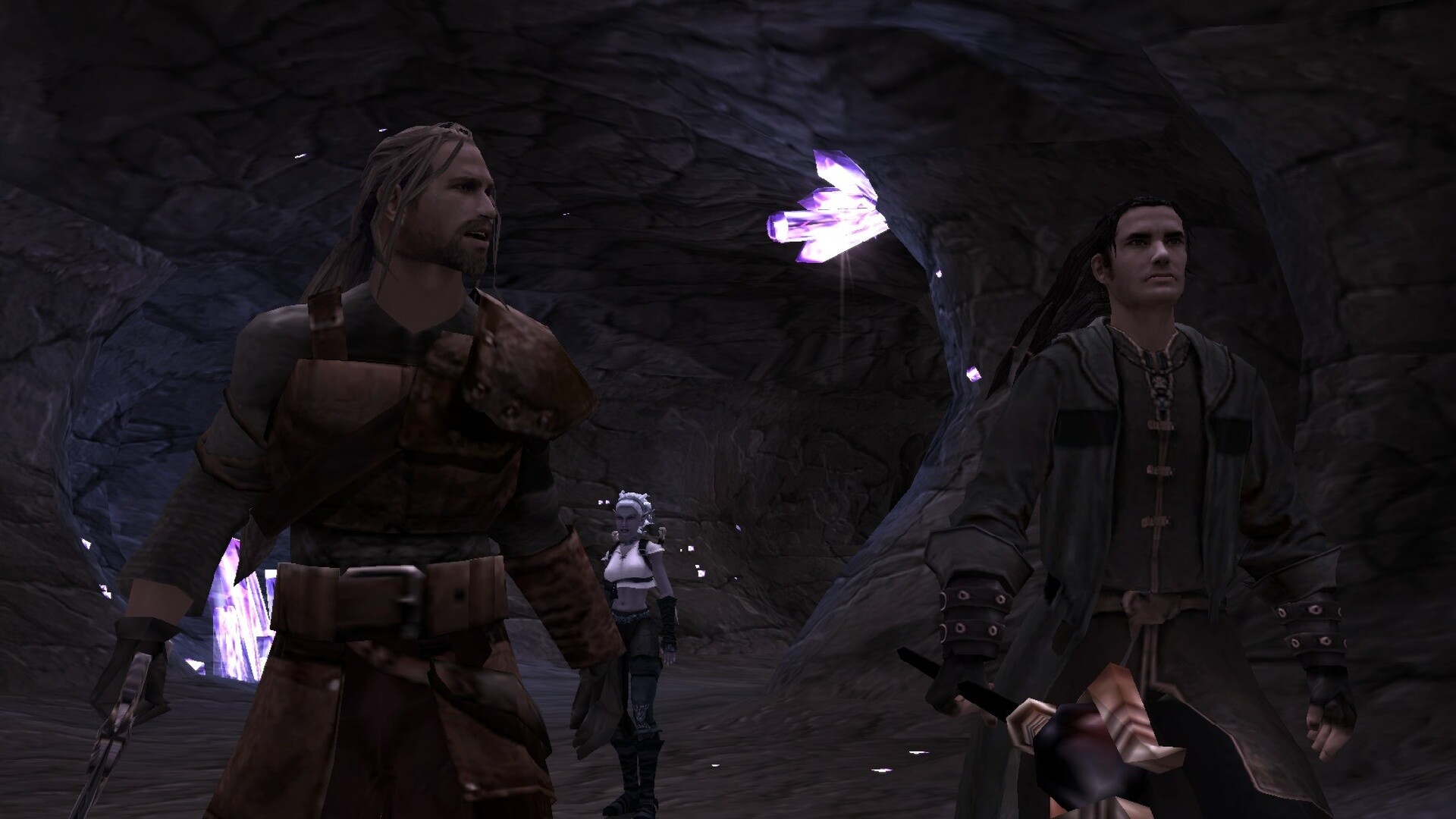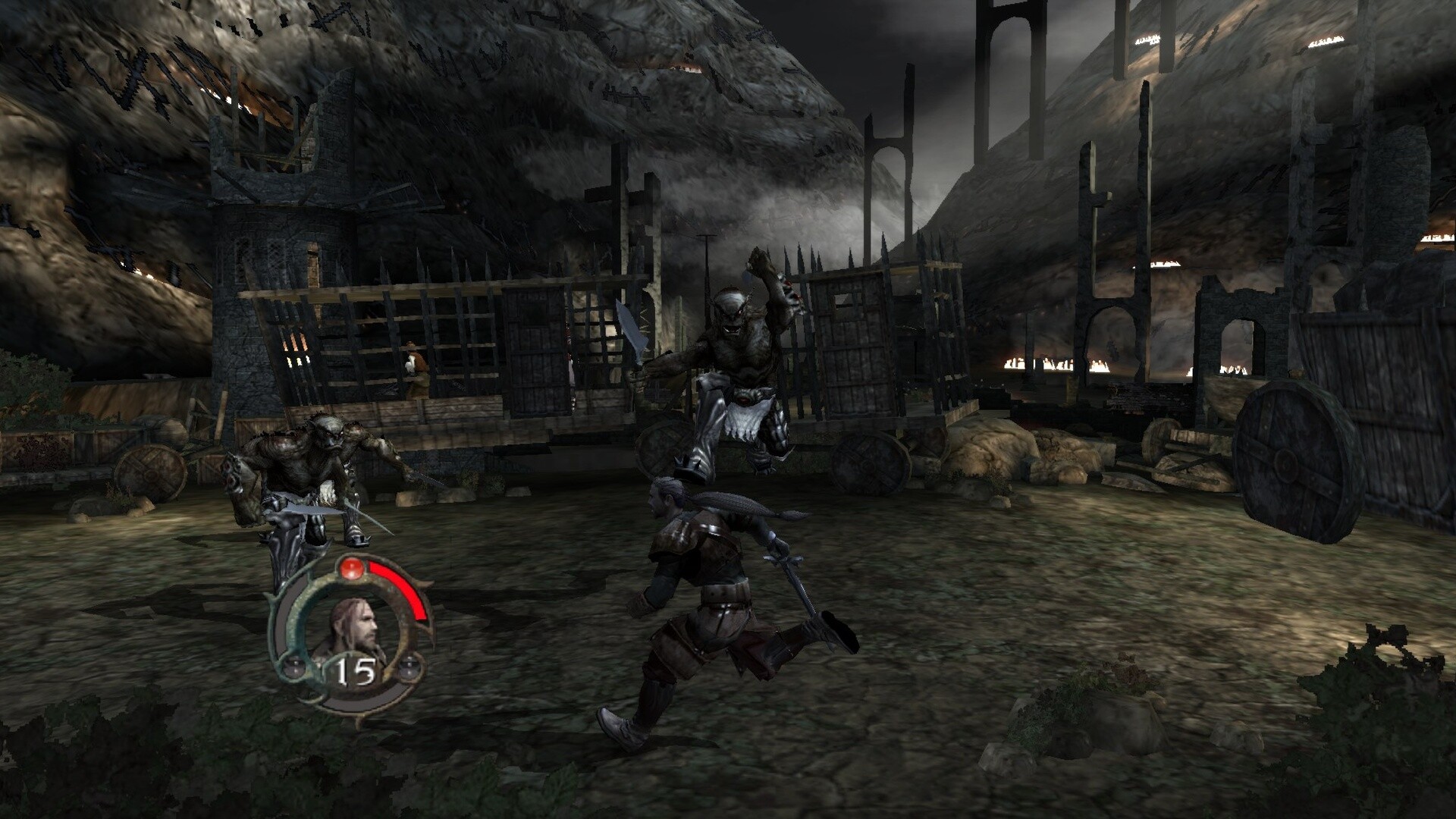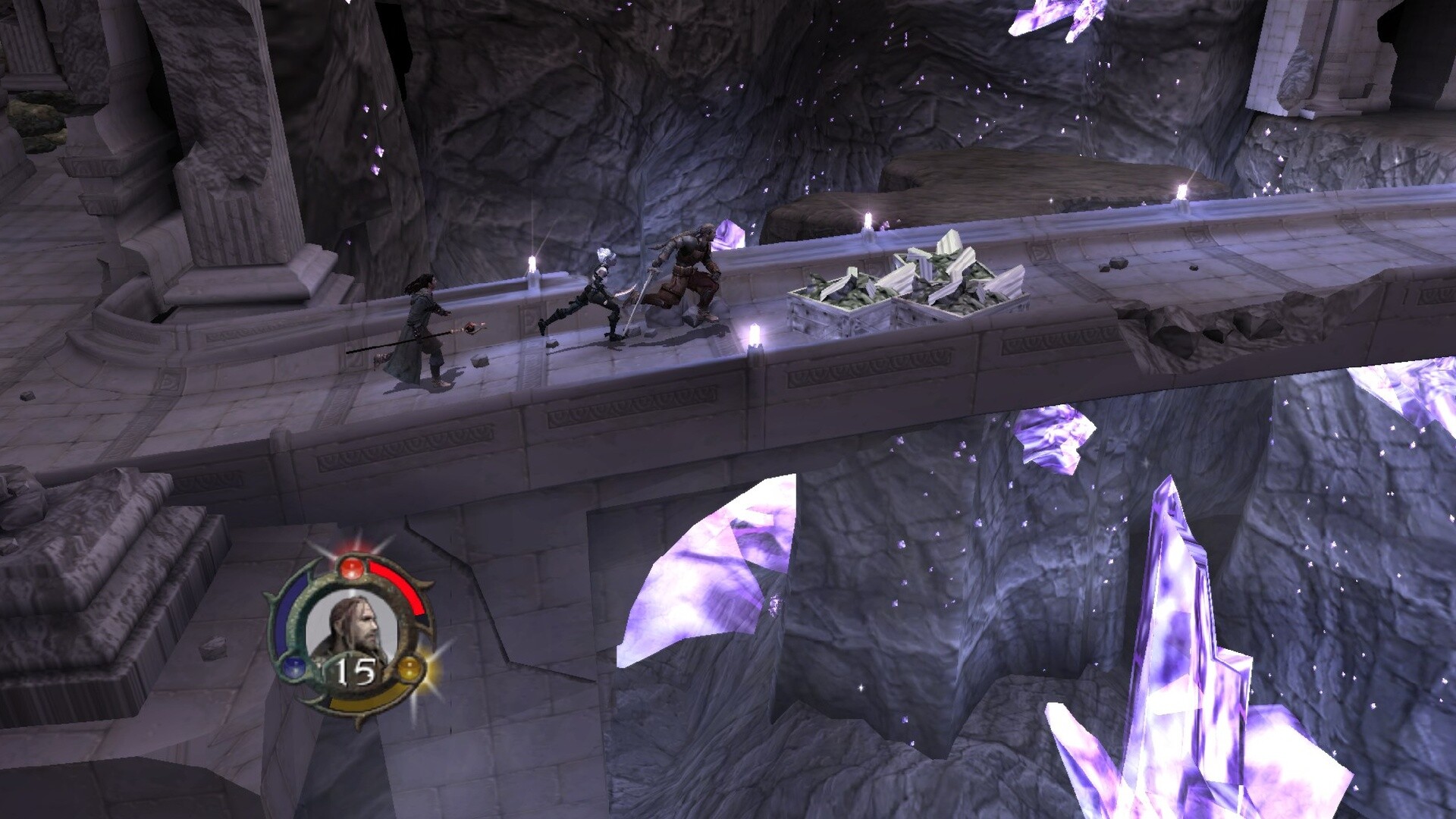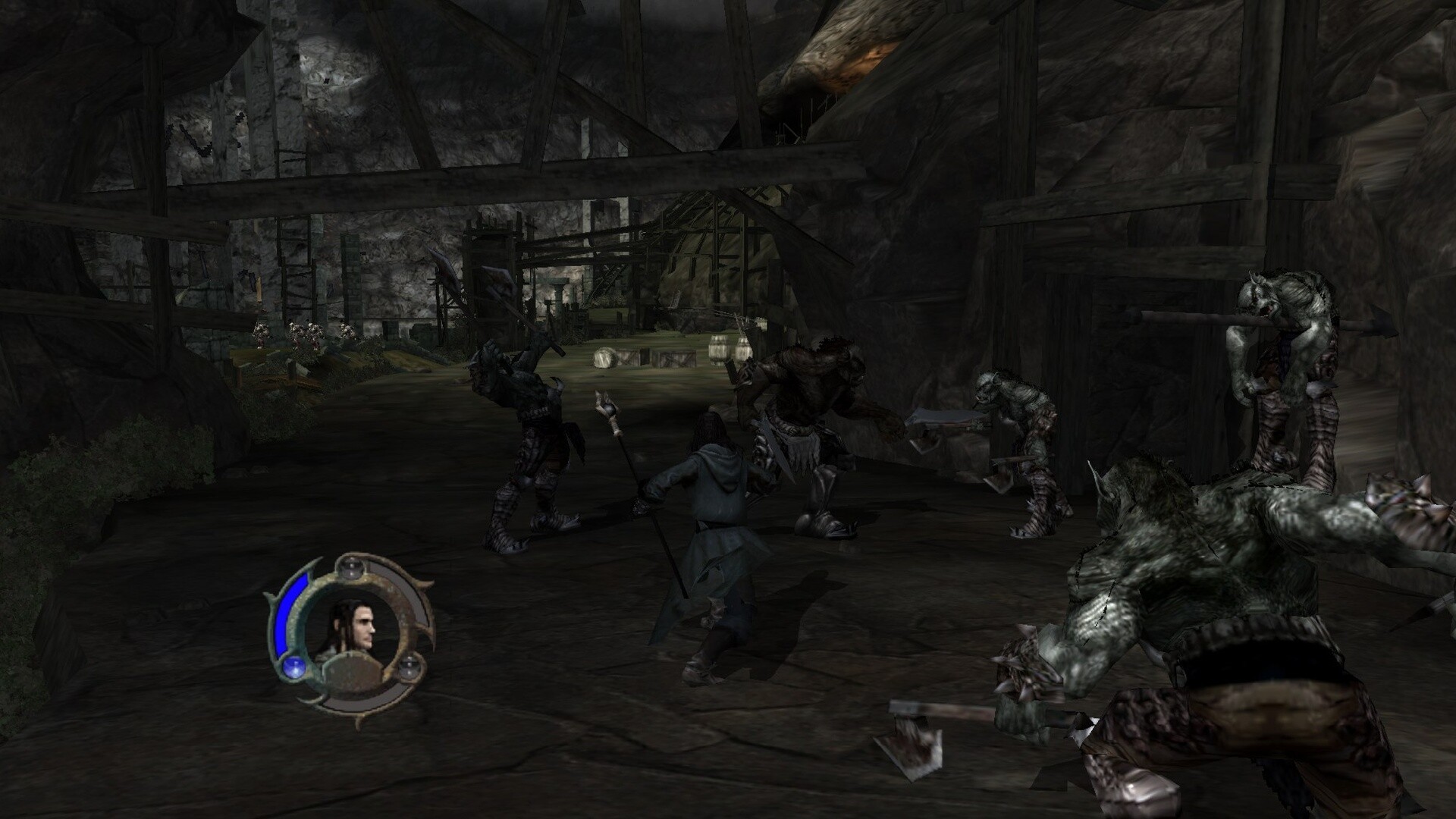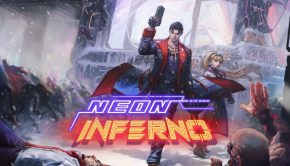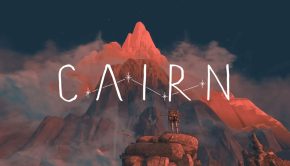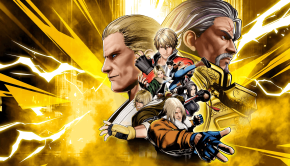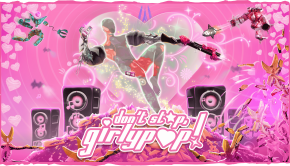Forgotten Realms: Demon Stone PC Review
Summary: A fun, if repetitive blast from the past makes it way to Steam in the most lacklustre way possible.
3.3
Nostalgic
I spent a lot of time playing Demon Stone back in the day, with the Xbox version still living on a shelf in a dark corner of my office.
Initially released in 2004 on the 6th generation of consoles, developed by Stormfront Studios and published by Atari, Forgotten Realms: Demon Stone now sees a release on PC under a new publisher, SNEG.
For anyone unfamiliar with the original release, it’s an action RPG that follows Rannek, Zhai, and Illius – a fighter, rogue, and mage, respectively- as they seek to imprison Ygorl and Cireka within the Demon Stone after they unwittingly release them from captivity.
That sounds like a typically generic fantasy plot… and it is. However, it was written by legendary author R. A. Salvatore, of Icewind Dale fame, and much of what became Kingdoms of Amalur. It’s a well-written story that I found just as captivating while revisiting the game now as I did in 2004, even if it isn’t anything especially ground-breaking.
Demon Stone and its story get off to an extremely promising start. The opening cinematic is narrated by Sir Patrick Stewart, whose dulcet tones do a wonderful job of setting the scene. This immediately leads into the first of our three heroes at the centre of what appears to be all-out war, throwing us straight into the combat.
Gameplay is almost entirely of the hack & slash variety, mashing the attack buttons performs simple combos, each character has a ranged attack that’s not especially effective against even fodder enemies, and hitting the correct button over a knocked down enemy performs a finishing move. It’s reminiscent of the Lord of the Rings trilogy of games that were released on the same consoles (with the second game ‘The Lord of the Rings: The Two Towers‘ also being by the same developer), which were better than movie tie-ins had any right to be at the time.
Players don’t have control over the camera; it moves along with whichever character is being controlled at the time and dynamically zooms and rotates as necessary. It works well enough for the most part, but there were plenty of times where being able to directly control it would have been beneficial.
Each of the three characters can be switched between on the fly. Each controls identically but specialises in different things. The sorcerer excels at ranged magical attacks, the rogue at stealthy backstabs and assassinations, and the fighter at well, fighting. Despite these differing styles, they mostly feel the same, and you can get through a lot of the game using whoever you feel like. It’s a repetitive gameplay loop that works well enough, but doesn’t mix things up all that much. You’ll be doing the same things at the start as at the end of it.
Being a game from 2004, Demon Stone isn’t exactly graphically advanced by modern standards, and as such, it is going to run on just about anything you throw it at. Aside from supporting modern resolutions, windowed display modes, and widescreen aspect ratios (this doesn’t move or scale the UI, however), there’s little else here that’s different from the original. The Steam page boasts ‘…a new in-game settings menu for modern PCs,’ but it has the bare minimum it can get away with and still be called an options menu. For the most part, this is all fine, though.
As previously mentioned, this is going to run on pretty much anything made in the last fifteen years or more without issues, but I do feel an opportunity has been missed to improve the game in a few key areas. Most egregiously, Demon Stone is still locked at 30fps, not unusual for a console game released in 2004, but for a modern re-release that saw fit to change other things, it is a little disappointing.
Steam Deck
Demon Stone isn’t verified on Steam Deck on account of incorrect controller glyphs being displayed in menus, but that aside, the game runs flawlessly on the Deck right out of the box. It’s a perfect fit, and that’s how I played most of the game.
Final Thoughts?
When thinking about a release such as this, it raises the question: Do you judge it by the standards of when it was originally released? Or by the standards of the current day? Given that this is a very bare-bones port, the latter isn’t going to paint it in a very good light, whereas the former might oversell it somewhat.
Ultimately, Demon Stone is a fun, if repetitive game that is very indicative of the time that it originally released in. It holds up relatively well, though it’s very possible that my view of the game was tainted by rose-tinted glasses. It’s absolutely a lacklustre port, but I didn’t encounter any major issues with it and largely enjoyed revisiting it all these years later.



